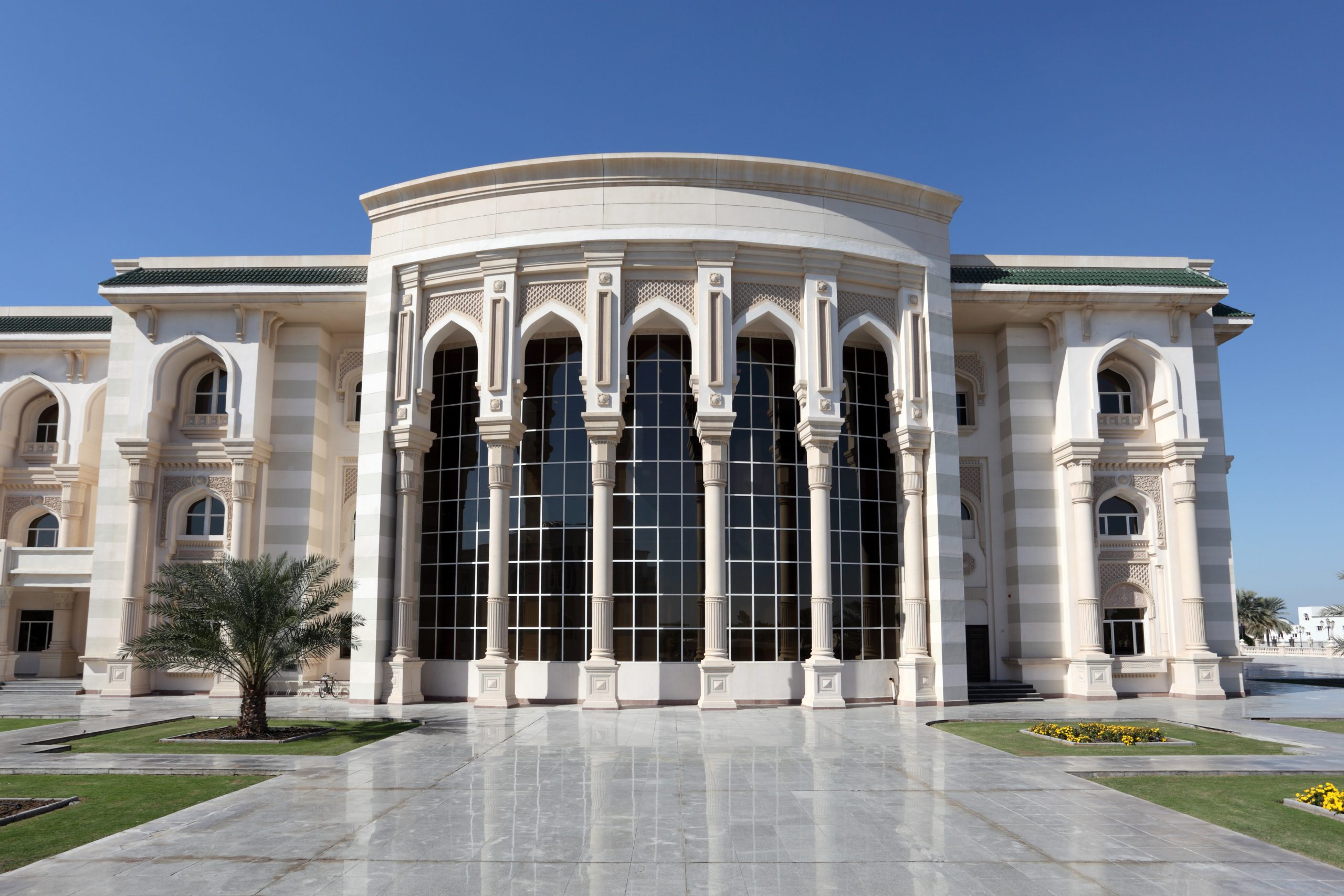In an era where digital transformation is a necessity, not a luxury, the Davos 2024 forum brought into focus a pivotal theme: the transformative role of Artificial Intelligence (AI) across global business and governmental landscapes. This focus is particularly resonant in the Middle East, a region at a crucial intersection of technological adoption and economic transformation. This article delves into the nuances of AI’s impact and its potential within the Middle East’s unique context. Here, we explore how AI, as a cornerstone of innovation and technological advancement, can strategically drive growth, enhance operational efficiencies, and create competitive edges for businesses and governments alike. By dissecting insights from Davos 2024, our aim is to unravel AI’s complexities and present a clear, actionable perspective for its integration into the strategic frameworks of entities across the Middle East, ensuring they are not only in step with global trends but are also leveraging these advancements to fuel economic diversification, sustainable development, and societal progress.
In an age where embracing digital transformation is essential rather than optional, the Davos 2024 forum, a prestigious annual gathering where global leaders in business, government, and civil society converge to address the world’s most pressing issues, highlighted a key topic: Artificial Intelligence (AI). This focus illuminates AI’s crucial role in steering innovation and technological advancements across multiple sectors.
Delving into this theme, we analyze the impact and potential of AI innovations as they relate to the dynamic business and government landscapes in the Middle East. This exploration is particularly relevant as the region stands at a critical juncture of technological adoption and economic transformation. We examine how AI can be strategically utilized to enhance growth, improve operational efficiencies, and create a competitive edge.
By drawing insights from the discussions at Davos, our goal is to demystify AI and provide a clear, actionable perspective on how these technological advancements can be integrated into the strategic frameworks of businesses and governments in the Middle East. This approach is aimed at ensuring that entities in the region are not only abreast of global technological trends but are also positioned to leverage them for driving economic diversification, sustainable development, and societal advancement.
AI as a Catalyst for Economic Growth
The deliberations at Davos 2024 underscored the potential of Artificial Intelligence (AI) as a powerful driver of economic growth. For the Middle East, this presents an unparalleled opportunity. By strategically adopting AI, both governments and businesses in the region can significantly boost their efficiency, spark innovation, and establish novel value chains. This is particularly pertinent for nations like Saudi Arabia and the UAE, which are at the forefront of embracing technological advancements as a means to diversify their economies and achieve their ambitious national visions—Saudi Vision 2030 and UAE Vision 2021.
In Saudi Arabia, AI integration aligns seamlessly with the nation’s drive towards becoming an innovation-led economy, while in the UAE, it complements the country’s mission to position itself as a global hub for technology and innovation. The implementation of AI can be a game-changer in various sectors including healthcare, finance, energy, and public services, paving the way for more resilient, diversified, and sustainable economic structures.
This strategic adoption of AI is not just about technological upgrades but also entails a comprehensive transformation of operational models, policies, and workforce skills. It’s about creating a symbiotic relationship between technology and human capital, ensuring that AI acts as an enabler of progress rather than a disruptor. In this context, the Middle East is uniquely positioned to set a global benchmark in how AI can be harnessed to propel economic development while respecting the region’s unique cultural and social fabric.
Bespoke Strategies for AI Integration: A Strategic Consultative Approach
In the context of integrating Artificial Intelligence (AI) into business operations, it’s essential to recognize that a one-size-fits-all approach is not viable. Each organization, with its unique set of challenges and objectives, requires a distinct strategy for AI adoption. Our role, akin to that of a strategic consultant rather than an IT implementer, is to guide and advise on the optimal integration of AI technologies to align with specific business goals.
Our approach is deeply rooted in understanding the intricate dynamics of each organization. We engage in an extensive analysis of the company’s strategic vision, market positioning, and operational efficiencies. This enables us to identify key areas where AI can add the most value, such as enhancing decision-making processes, optimizing supply chain management, or personalizing customer experiences.
We then develop a bespoke AI strategy that is not only aligned with the organization’s immediate goals but also positions it for future growth and adaptability. This includes advising on the selection of AI technologies, designing frameworks for data governance and analytics, and identifying potential risks and ethical considerations associated with AI deployment.
Our focus is on enabling organizations to harness AI as a strategic asset, ensuring that its integration is a deliberate part of their broader business strategy. This involves not only understanding the technical capabilities of AI but also how it can transform business models, redefine customer interactions, and create new competitive advantages.
In summary, our consultative approach to AI integration is about more than just technology. It’s about crafting a holistic strategy that blends AI with business acumen, innovation, and a deep understanding of market dynamics, ensuring our clients are well-equipped to navigate the ever-evolving landscape of digital transformation.
Ethical Considerations and Cultural Nuances in AI Integration
In the realm of Artificial Intelligence (AI), ethical considerations and cultural nuances are not mere footnotes but central to successful integration, especially in a region as rich and diverse as the Middle East. The discourse at Davos 2024 underscored the criticality of embedding ethical principles and cultural awareness in the fabric of AI solutions.
At the forefront of our ethical approach is the commitment to respecting individual privacy rights. In a region where privacy is highly valued, we advise on AI implementations that prioritize data protection, ensuring that personal information is handled with the utmost care and in compliance with stringent regulations.
Additionally, we emphasize the importance of securing data against breaches. In an era where data is a valuable commodity, robust security protocols are non-negotiable. We guide organizations in establishing comprehensive cybersecurity measures, safeguarding against potential threats, and maintaining the integrity of their data ecosystems.
Furthermore, we delve into the social implications of AI deployments. This involves evaluating the impact of AI solutions on various segments of society, ensuring that they do not exacerbate existing inequalities or cultural sensitivities. Our strategies are designed to promote inclusivity and fairness, making AI a tool for societal betterment rather than a divisive element.
Incorporating cultural nuances into AI strategies is also pivotal. The Middle East is a tapestry of diverse traditions and values, and AI solutions must be sensitive to these variations. We assist organizations in tailoring their AI applications to resonate with local customs and societal norms, enhancing their relevance and acceptance.
Our approach to ethical considerations and cultural nuances in AI is comprehensive, prioritizing privacy, security, social impact, and cultural alignment. These elements are essential in fostering trust and acceptance of AI technologies, paving the way for successful and responsible AI integration in the Middle East.
The Future of Work with AI: A Strategic Perspective
The future of work, reshaped by Artificial Intelligence (AI), was a key focus at the Davos 2024 forum, highlighting the transformative impact of AI on job roles and skill requirements. This evolution presents both challenges and opportunities, especially in the Middle East where the workforce is uniquely poised to adapt and thrive in an AI-augmented landscape.
Our strategic perspective, in line with the insights shared at Davos, emphasizes the critical need for upskilling and reskilling the workforce. As AI automates routine tasks, it also opens avenues for more complex and creative roles. We assist organizations in identifying the evolving skill sets required and developing training programs to equip their workforce for these new challenges. This includes not only technical skills to work alongside AI but also soft skills like critical thinking, problem-solving, and adaptability.
Moreover, our approach recognizes that the integration of AI into the workplace goes beyond skill development. It involves cultivating a culture that embraces change and innovation. This cultural shift is essential for organizations to leverage AI effectively, turning potential disruptions into opportunities for growth and development.
In addition, we advise on strategic workforce planning, considering the long-term implications of AI on employment patterns and organizational structures. Our focus is on creating a balanced ecosystem where AI and human talent synergize, ensuring that the workforce remains a driving force in an increasingly automated world.
Our approach to the future of work with AI, inspired by global trends and discussions such as those at Davos 2024, is comprehensive. It integrates skill development, cultural change, and strategic workforce planning, ensuring that organizations in the Middle East are well-equipped to navigate and excel in an AI-enhanced future. This strategy prepares the current workforce for upcoming changes and aligns with the region’s broader economic visions, fostering resilient, adaptable, and future-ready human capital.
As we stand at the cusp of a new era, marked by the rapid evolution of Artificial Intelligence (AI), it’s imperative to recognize the transformative potential of this technology. The insights from Davos 2024 have made it clear that AI is not just a technological trend; it is a fundamental shift in the way we conduct business, govern societies, and live our daily lives. In the Middle East, where the pace of change is as swift as it is significant, the opportunity to harness AI for economic growth, societal benefit, and strategic advantage is immense.
Our role in this journey is to provide a guiding light — to help organizations navigate the complexities of AI integration with a blend of strategic insight, ethical consideration, and cultural awareness. We are committed to crafting bespoke strategies that align AI capabilities with business objectives, ensuring that technology serves as an enabler of progress and innovation.
As we move forward, the need for continuous learning, adaptability, and strategic foresight becomes ever more crucial. The future of work, reshaped by AI, demands a workforce that is not only technically proficient but also agile and resilient. Our focus remains on preparing organizations for this shift, fostering a culture that embraces change and positions the human element at the heart of technological advancement.
The journey towards an AI-enhanced future is both challenging and exciting. It holds the promise of unprecedented growth, efficiency, and advancement. With a strategic approach grounded in a deep understanding of the regional context and global trends, we can turn these possibilities into realities, shaping a future that is prosperous, inclusive, and forward-looking.
Further Reading and Insights
For a deeper understanding of the discussions and perspectives shared by global leaders about AI at Davos 2024, we encourage you to explore the detailed summary provided by the World Economic Forum. This resource offers valuable insights into how AI is shaping our world and the strategic thinking driving its adoption across various sectors.
Discover more about what leaders said about AI at Davos 2024.

 WhatsApp
WhatsApp

